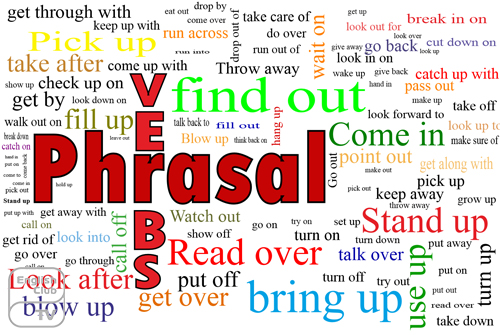Readings
- Handouts
Source Articles - Korean Workers Most Stressed in OECD
- Stressed and Depressed: Koreans Avoid Therapy
- Teacher Stress is Killing My Profession
- 41 Effects of Stress
- Positive thinking: Stop negative self-talk to reduce stress
- Foods That Make you More Stressed
Vocabulary in Speaking Group Notes (Elementary, Secondary)
Stress - Discussion Questions Part 1
- Which of these is most stressful for you….
(public speaking, taking a test, going on a first date, dealing with in-laws, long flights,
open classes, work gatherings, dealing with native English speakers, ….)? - What else causes you stress? (e.g. money, family, lovelife, health, future, etc.)
- Which social/professional situations cause you the most stress?
- What were the most stressful periods of your life?
- What were the least stressful, most care-free periods of your life?
- When do you feel the most relaxed or unstressed?
Stress - Discussion Questions Part 2
- How does stress affect you physically & emotionally?
- What health consequences have you experienced because of stress?
- How do you usually cope with stress? Which responses are effective or not?
- How do you help your students cope with stress?
- Who’s the most/least stressed person you know?
- How do different members of your family deal with stress?
- How do you view counseling? Would you consider it as an option?
Do you know people who have experienced it? Was it helpful? - In what ways is stress helpful or positive for you?
- Has your attitude toward stress changed over time?
- What is unique or different about stress in Korea? Causes? Responses?
- When you’ve traveled to different countries, have you noticed anything different about how the people there deal with stress?
- What has been the most stressful part of TTP?







